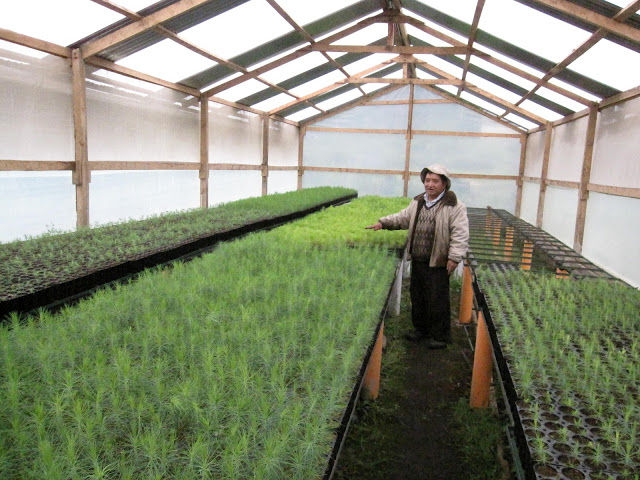Mi vida en Totonicapán
- Francisco Tzul
- Jun 26, 2012
- 2 min read
On several occasions I have been asked how I came to work with EcoLogic. This is my story. In 2007, there was a call for work in Totonicapán that caught my attention because it was where I had grown up and, well, it was time for me to return home. It was time for me to use my knowledge, experience, and support for innovative projects for people and families as part of my goal in life, which is to help others.
For several years I worked outside Totonicapán, now this was my big chance both to return and to help people who had been less fortunate in life.

In Totonicapán, among my first projects working for EcoLogic was training and consultation with the board of the 48 Cantones, an indigenous quasi-governmental structure that has helped govern local communities of Totonicapán for over 800 years. Working with the communities and the 48 Cantones, we were able to create a modern project that used a system of micro-irrigation (a watering system that maximizes water use) to produce more trees for reforestation with less work then had ever been done before in the area

I also promoted EcoLogic’s fuel-efficient stoves. With these stoves we give families the hope of an improved quality of life.

Another project of particular significance was collecting and organizing the ancestral knowledge about natural resources, mountains, forests, and water from community elders. This was one of the projects with greatest impact on teachers, students, authorities and the general public.

Working with less fortunate people and families is one of my purposes in life, something that has brought me pleasure, happiness and personal joy. To be someone’s source of hope for a greater tomorrow, to take action to ensure availability of water for children and women, is priceless. Personally, this brings me immense satisfaction.

With respect to the culture of Totonicapán, I understand that each day is like an experiment with the individual aspects of life, in my case I can say that I have total connection: of thought, culture, language, leadership, love of my neighbors. This connection is not just with the Quiché Maya village, but also with the K’ekchi’ people, the Man, Chuj, and other indigenous communities which have a wealth of ancestral knowledge.
Aside from my work with EcoLogic, for two years now I have been a member of the Board of Directors for the 48 Cantones, as Mayor of my Paquí community. I coordinate volunteering services to the community and to the town of Totonicapán. Here the experience is enormous in regard to leadership, decision-making, management, politics, administration and more.
In Quiché the word chiwimequena means “over hot water”, in Spanish it is totonicapán which comes from the Náhuatl Atotonilco, totonilco means “the place of hot water.” And it’s true, in Totonicapán there are hot springs accessible to everyone. However, I feel like the communities of Totonicapán, and the families I call neighbors are not in hot water – but on the road to a very bright and sustainable future.
.png)



Comentarios